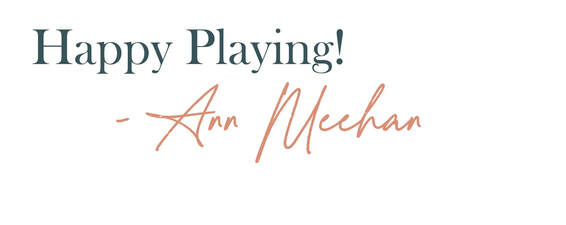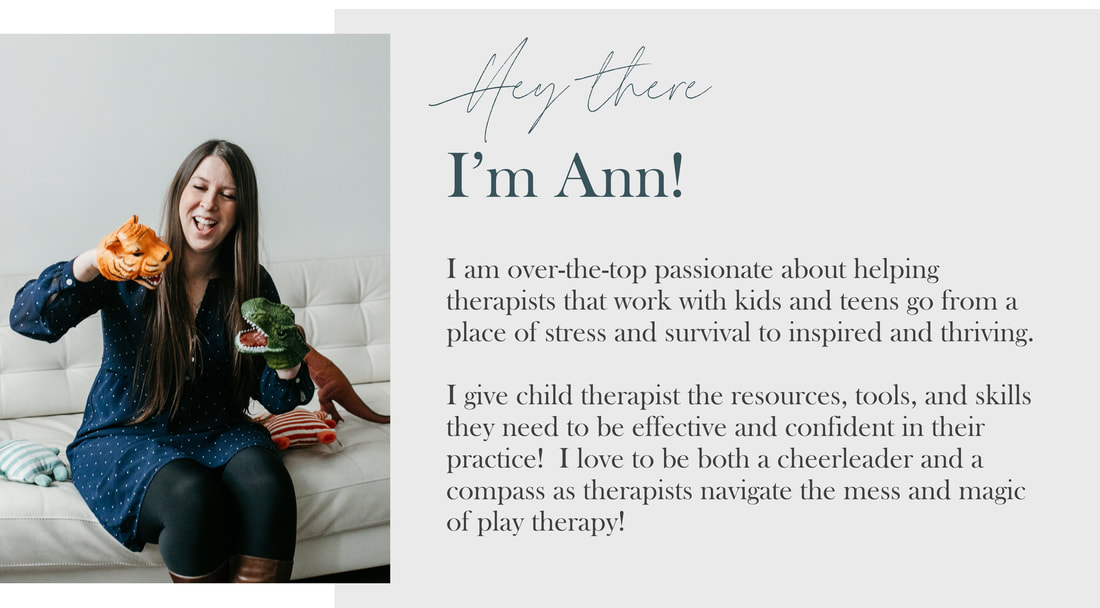|
Did you know that research shows that humans make 35,000 decisions per day?
The decisions that children have are markedly different than adults who likely hold jobs, can secure their own transportation, and are doing the grocery shopping.
Most therapists agree that giving children appropriate choices and freedom has a positive impact on mental wellness. So when kids likely don’t have a choice about when they get up, going to school, or watching a limited amount of time of TV - what choices do they have?
For younger kids there are the ever popular choices of the t-shirt or sweatshirt, doing the chores now or later, or whether their lunch box will be unicorns or puppies. Teens have more decisions about what kind of music they listen to (but sometimes not), activities they want to participate in, and classes they want to register for. But what about other activities like helping to make dinner, more complex chores, taking their bike off sweet jumps, or posting on social media? What about solving problems like allowing freedom to complete school work on their own timeline, when friends are having conflicts and fights, or refusing to eat anything on the plate because it is “icky”? And what about the smaller things like carrying their own (very full) water glass, using scissors, make the "right" move in the board game, or climbing up that gigantic tree? I wanted to share with you three questions I usually ask and consider when talking about freedom, choices, and independence in my child therapy sessions. The answers to these questions can help parents understand if they should step in and support or let their child solve the problem or organize the task independently. It helps parents understand if they should be completely hands off OR if they should provide some structure and related consequences. Are they capable of the task? This first question is essential. If the child doesn’t have the skills or abilities to complete the task, then of course parents and caregivers are going to step in. Not stepping in creates situations where children might feel defeated, hopeless, and won’t want to try in the future. Also, if they don’t have the prefrontal cortex capacity to make an appropriate decision, they need more supervision. An 8 year old is not likely to be successful managing their own media limits leading to many broken rules, late nights, disappointment, and conflict. Other times parents may have the opposite problem. They step in too early when the child is fully capable of the task. For some parents this is due to worry that their child will become uncomfortable, dysregulated, or upset by a task. Others worry the child will fail. BUT by stepping in and making it easier for a child or requiring little to no work on their end actually takes away from personal ownership and responsibility and robs them of the experience of gaining the self esteem of finishing a difficult task! Is it dangerous or life threatening? Okay, this one is a no-brainer. If it is a task that involves a situation that is unsafe then the child absolutely needs the help, support, and supervision of a grownup. A five year old child likely needs supervision riding their bike on the road, where the fifteen year old may have a bit more freedom. However, oftentimes parents and caregivers can over exaggerate the dangerousness or risk of certain activities. Sometimes this worry hits the first question above and parents are more worried about the emotional weight of the task rather than the risk of actual danger or harm. Does the problem have natural consequences? If the child makes a decision are there natural consequences they will need to hold? If they choose not to study then that might result in a lower grade. If they say something hurtful to a friend then the friend may not want to invite them over. If they smash their video game controller they won’t have a controller left to play with. If there is a natural consequence that is strong enough to promote teaching and learning, then parents can be confident that they don’t need to step in and intervene any further. Sometimes there isn’t a natural consequence so parents might step in slightly and set a boundary or limit on behavior or offer a related consequence. The key to this is to focus on the environment or parent’s behavior rather than forcing or pushing the action of a child. This might sound like kids who get off media with a calm body and voice get access to devices tomorrow. After taking parents through the series of questions it helps to shine light on what behaviors children can hold accountability and responsibility for and when parents need to step in! What are your favorite ways to assess if a child should have freedom and independence in a task or a caregiver needs to step in? Comment below! Loading...
2 Comments
8/1/2022 06:25:23 am
These 3 question makes sense & will help parents tip the balance as whether to intervene & or hold the child accountable... The key message, as the articles well says, is the behavior, attitude & demeanor of the parent when setting limits: being the thermostat rather than the thermometer in parent-child interactions.
Reply
Ann Meehan
8/2/2022 05:45:09 am
Yes Patricia! Thanks for your insights :)
Reply
Leave a Reply. |
Hi, there!I'm Ann Meehan, an LPCC, Loading... Archives
July 2024
Categories
All
|
Privacy Policies | Terms of Use | Disclaimer
Contact
[email protected] | Copyright Meehan Mental Health Services 2022
Contact
[email protected] | Copyright Meehan Mental Health Services 2022







